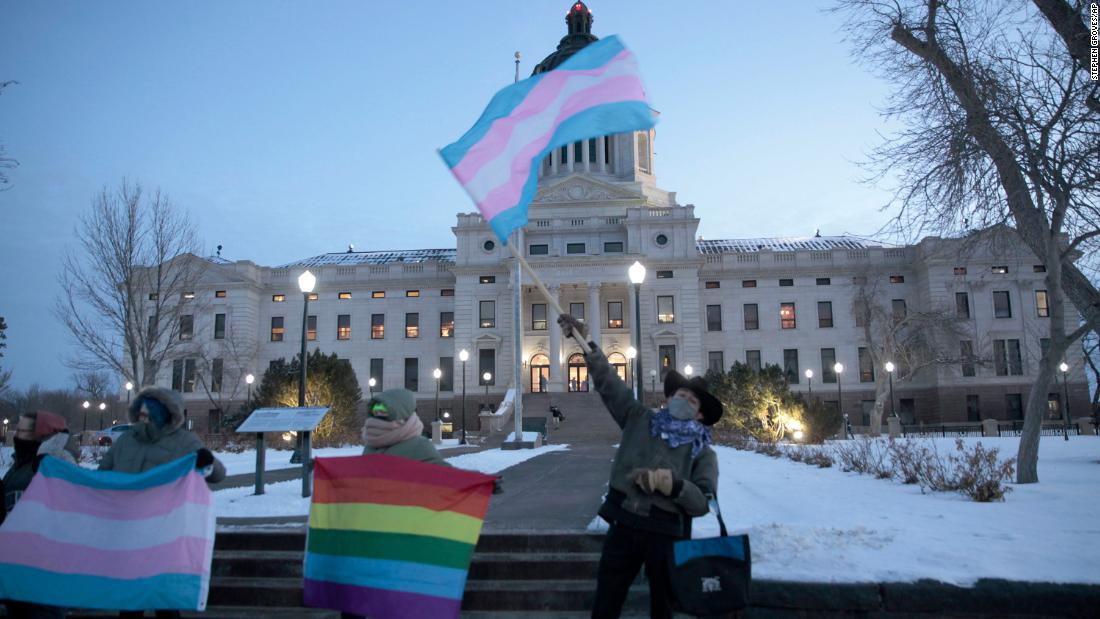Data from the Behavioral Risk Factor Surveillance System 2017-2019, the CDC national telephone survey related to health, shows that people who are part of the LGBTQ community, regardless of race or ethnicity, report a greater number of health conditions than make people vulnerable to severe forms of Covid-19 including heart disease, asthma, hypertension, cancer, kidney disease, chronic obstructive pulmonary disease, stroke, obesity, diabetes and smoking.
“Due to long-standing social inequities and the increased prevalence of various underlying health conditions, sexual minority populations may be vulnerable to the acquisition of COVID-19 and the associated serious outcomes, and this vulnerability can be heightened when associated with other demographic characteristics, such as race / ethnicity, “said the report.
But there is a data gap and much is unknown, said the CDC. Information on sexual orientation and gender identity is not captured consistently by the standard Covid-19 data collection system. Some states began to collect this information, although it was several months after the pandemic began.
In July, California announced that it would collect data on sexual orientation and gender identity to better understand the impact of the pandemic on these populations. Illinois also began to collect this information. Pennsylvania, Washington, DC and several other jurisdictions are taking steps to collect this information, the report said, but the data is not yet available.
The CDC encouraged all jurisdictions to collect information on sexual orientation and gender identity during the pandemic.
Access to health care is also a problem for the community during the pandemic. A study by the LGBTQ community in Chicago found that the community had lower rates of access to primary care and used telehealth for mental health services less frequently than people in the heterosexual community.
“Attention to potentially greater disparities at the intersections of sexual orientation and race / ethnicity is critical to ensuring health equity for all, including subpopulations whose circumstances often remain unchallenged, despite recognition of their importance and distinct needs,” said report.
